
Keeping Us In Mind

Why is this research important?
The life of a young person is changed by a parent’s diagnosis of younger onset dementia (YOD) or acquired brain injury (ABI).
Children and young people with an affected parent struggle with ad-hoc support and lack of appropriate resources tailored to their needs. Many also deal with the progressive decline and the life-threatening nature of their parent’s illness. Further, while children requiring extra assistance may be referred to mental health services, these services are often directed at the individual and their symptoms, rather than addressing the unique challenges faced by families impacted by YOD or ABI.
What did we do?
Brightwater partnered with UWA, families and professionals to understand the impact of parental injury and illness on dependent children and young adults.
What did we find?
The research found that while young people experience many challenges, recognising and addressing their unique needs leads to improved coping skills.
The study identified gaps in quality age-appropriate resources, and in response, a range of resources were developed in consultation with families and professionals for use in routine care. This included four books to support children and young people to feel understood, connected and recognised; guides for parents, caregivers and professionals to encourage a consistent approach when supporting children; and a curated list of recommended resources, websites and interventions.
Project Information
Lead Researcher(s)
Dr Angelita Martini
Brightwater Research Centre
Meet the Brightwater Team
Robyn Bett
Clinical Psychologist
Partner
Associate Professor Jeneva Ohan
University of Western Australia, Psychology
Funded By
Status
Completed 2024
Books, Guides & Resources

The Books
-
The Get Around
For children ages 4 to 8 with a parent with ABI
Taylor and Dad’s favourite thing is to go adventuring – they love camping, exploring and hiking. Then Dad has an accident, and everything changes. Dad is different. Life is different. Are there ways to get around the many changes and do the things they love again?
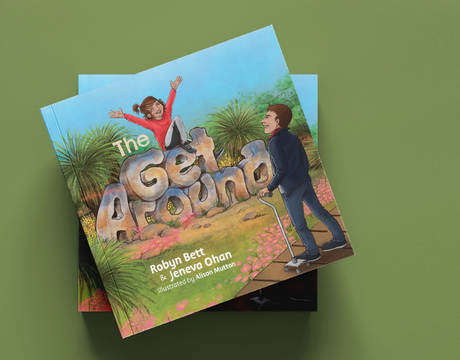
-
The Amazing Brain
For children ages 3 to 8 with a parent with ABI
An activity book for a young scientist who loves someone with a brain injury.
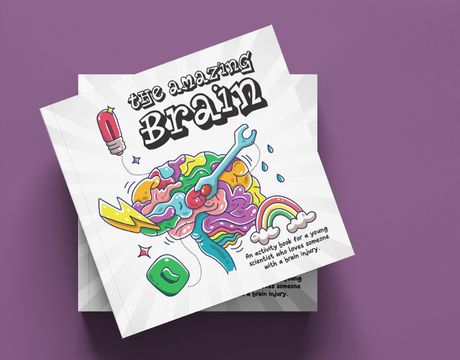
-
Jordan's Mum
For children ages 8 to 13 with a parent with YOD
By: Jeneva Ohan, Robyn Bett & Alison Mutton (Illustrator)
Paperback 60 pages with black and white illustrations
For ages 7 – 13 (hero is age 11)
Dimensions 13cm x 20cm x 6mm
This book shows an eleven-year-old boy slowly realising that something is going wrong with Mum’s memory. Jordan copes as best he can but sometimes he gets so frustrated! Jordan decides he needs help and reaches out to family and friends. As Jorden gets more practical help he begins to acknowledge the losses that dementia is bringing into his life. The book reassures young readers and parents about the value of open and honest communication, naming difficulties and working together to find solutions.
Jordan is busy getting on with the important things in life – school, soccer and mates – all supported by Mum, who checks his homework and makes her famous cupcakes when his team wins. But little by little, Jordan notices things changing. Mum’s hairdressing customers turn up at the wrong time. Then Mum gets lost at the supermarket. As Mum forgets more and more, Jordan has to figure our what is going on. Who can he rely on now?
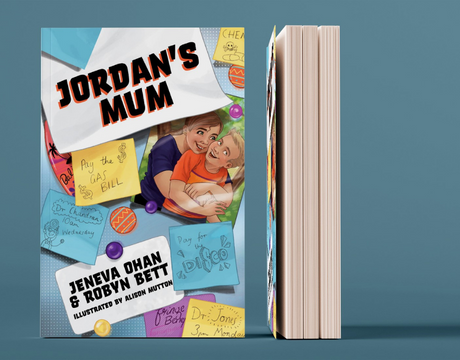
-
Ground Control
For children ages 8 to 13 with a parent with ABI
By: Jeneva Ohan, Robyn Bett & Alison Mutton (Illustrator)
Paperback 60 pages with black and white illustrations
For ages 7 – 13 (hero is age 11)
Dimensions 13cm x 20cm x 6mm
This book shows an eleven-year-old boy coming to terms with his mother’s motor vehicle accident and acquired brain injury. Riley struggles to cope with her absence during her recovery in hospital and rehabilitation. The excitement of her return home is tempered by his shock at her fatigue, emotional volatility, and forgetfulness. This novel for young readers explores how Riley feels and the strategies he discovers to help. The book reassures young readers and parents about the value of open and honest communication, naming difficulties and working together to find solutions.
Riley doesn’t like English class, but he loves science, and rockets in particular. Mum and Dad are his ground control crew, cheering him on at football games and giving him a helping hand when he needs it. Then Mum has a serious car accident and Riley learns that she has a brain injury. As Mum, Dad and Riley get used to all the changes that brain injury brings into their lives, Riley wonders if anyone even cares about what he wants anymore?
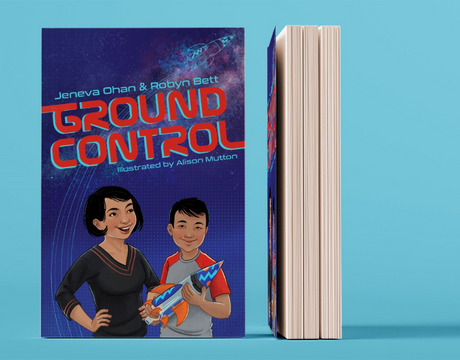

The Guides
-
Helping Children and Adolescents When a Parent has an Acquired Brain Injury
A guide for parents, caregivers and professionals
This free downloadable 48-page guide has been written to help parents, caregivers and professionals understand and respond to children when a father or mother has an acquired brain injury.
An acquired brain injury impacts the whole family. Children and young people have less developed coping strategies for stress and life changes than adults. When a parent suffers a neurological injury, children are faced with fears and changes they struggle to understand at the same time as losing parental support.
Parental brain injury means that children and young people are faced with many challenges however they can be helped to cope when their needs are addressed.
This guide provides a list of actions for adults involved in a child’s life to take if they wish to help. The guide provides information and resources to help family and professionals confidently:
- Help children understand
- Support connections
- Offer emotional support
- Increase social support
- Advocate at school
This guide is based on qualitative research with families and professionals in Western Australia, and further informed by a systematic review of international research and practice.
Download here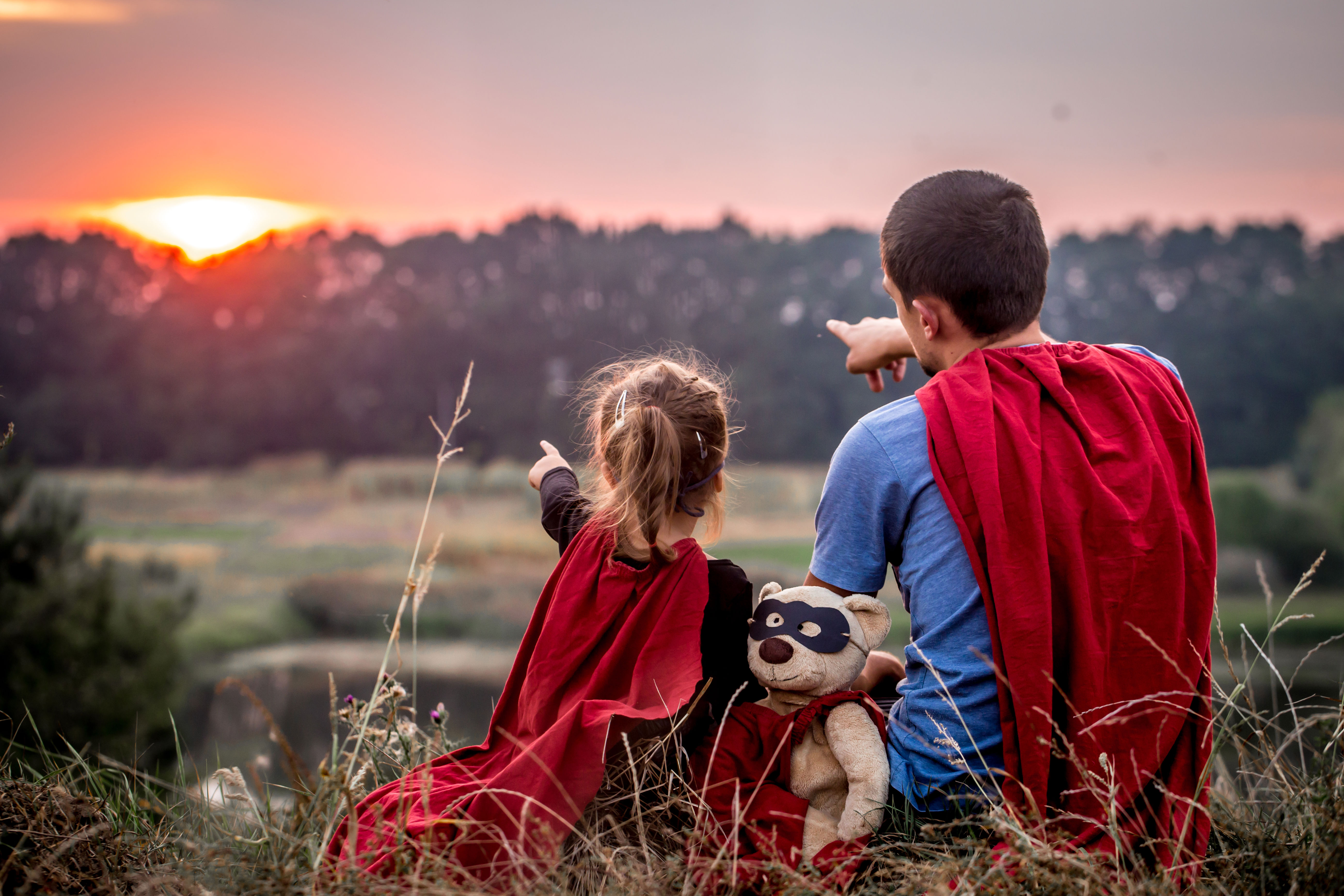
-
Helping Children and Adolescents When a Parent has Younger Onset Dementia
A guide for parents, caregivers and professionals
This free downloadable 47-page guide has been written to help parents, caregivers and professionals understand and respond to children when a father or mother has younger onset dementia.
Younger onset dementia impacts the whole family. Children and young people have less developed coping strategies for stress and life changes than adults. When a parent develops a neurological disease, children are faced with fears and changes they struggle to understand at the same time as losing parental support.
Parental dementia means that children and young people are faced with many challenges however they can be helped to cope when their needs are addressed.
This guide provides a list of actions for adults involved in a child’s life to take if they wish to help. The guide provides information and resources to help family and professionals confidently:
- Help children understand
- Support connections
- Offer emotional support
- Increase social support
- Advocate at school
This guide is based on qualitative research with families and professionals in Western Australia, and further informed by a systematic review of international research and practice.
Download here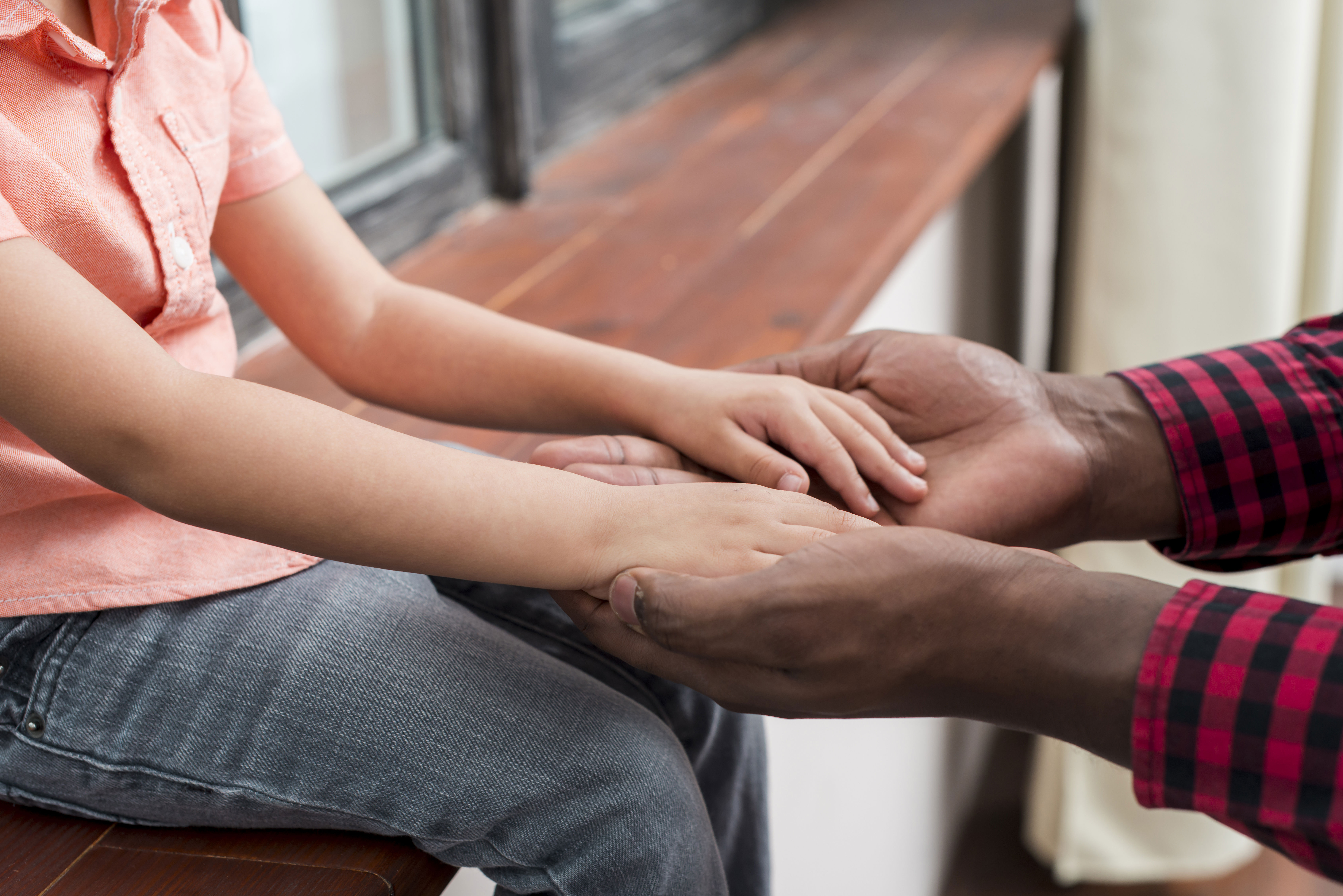
-
School Advocacy Guide
Responding to needs of young people when a parent has dementia or brain injury.
A downloadable 10-page booklet to help advocate for children at school when a parent has an acquired brain injury or younger ongset dementia.
When a parent has an injury or illness, school provides children wit ha needed sense ofbelinging to their community, normalcy, routine, and structure. But children might find it hard to be as successful at school as they used to because:
- They don’t have the same level of parent support
- They might be distracted by worries or sadness
- They may feel different to their friends and as if no one understands
This booklet helps guide the process of working with a school to share information about how children are affected and how to develop a plan to help.
This booklet is included in the Helping Children and Adolescent Guides that are also available on this webpage.
Download here

The Resources
-
Recommended Resources Acquired Brain Injury
Resources for children, adolescents and young adults with a parent who has a brain injury
A downloadable four-page matrix of resources sourced nationally and internationally, to address the needs of young people when a parent has an acquired brain injury. The matrix includes core and additional resources recommended by age group. The list includes interactive websites, downloadable information, fiction, and non-fiction books. Each resource is referenced, and information is provided about sourcing print materials.
Our research revealed that young people need information, connection and help communicating about brain injury to have the best chance of coping. These resources can help families and professionals talk together about what is happening and find creative ways to support young people through the changes that brain injury is bringing into their lives.
Download here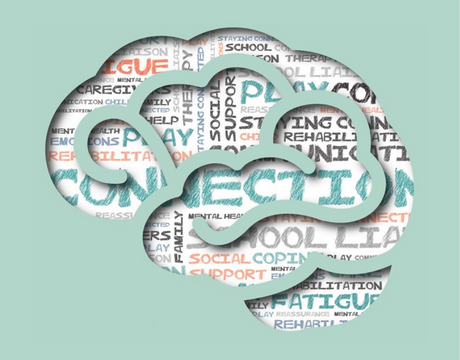
-
Recommended Resources Younger Onset Dementia
Resources for children, adolescents and young adults with a parent who has younger onset dementia
A downloadable three-page matrix of resources sourced nationally and internationally, to address the needs of young people when a parent has younger onset dementia. The matrix includes core and additional resources recommended by age group. The list includes interactive websites, downloadable information, a set of classroom learning tools, fiction and non-fiction books. Each resource is referenced, and information is provided about sourcing print materials.
Our research revealed that young people need information, connection and help communicating about dementia to have the best chance of coping. These resources can help families and professionals talk together about what is happening and find creative ways to support young people through the changes that younger onset dementia is bringing into their lives.
Download here